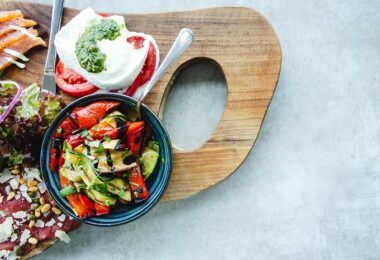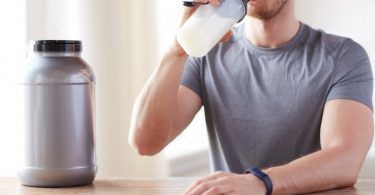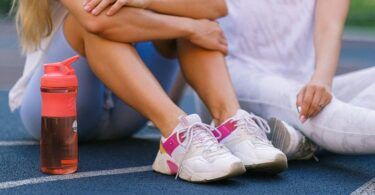Ottoman beds offer a perfect blend of style, comfort, and practicality for modern bedrooms. These...
Fresh Topics
Matcha for Aerialists: Natural Energy & Recovery Benefits for Pole and Aerial Athletes
By Ryan Cezar Malaluan As an aerialist, you push your body to its limits during every routine. The...
Popular
Minor Roof Repairs: Why Fixing Small Issues Saves You Money
Despite its significance, many homeowners overlook small issues. However, addressing minor roof repairs early prevents extensive damage and costly fixes later on. The roof of a home plays a crucial role in protecting the...










































